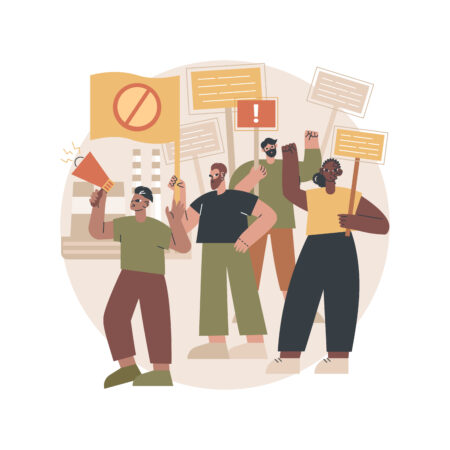| IN A NUTSHELL |
|
In a rapidly evolving technological landscape, companies are in a fierce battle to lead the artificial intelligence (AI) revolution. Recently, Google co-founder Sergey Brin made headlines with his emphatic call for employees to return to the office every weekday. This move, aimed at bolstering productivity and collaboration, is part of Google’s strategy to secure its position in the race to develop Artificial General Intelligence (AGI). As companies like OpenAI push the envelope, Google is doubling down on in-office work to foster innovation and regain its competitive edge.
Sergey Brin’s Vision for Google’s Future
Sergey Brin, a pivotal figure in Google’s history, has reasserted himself in the company’s operations. His recent memo to employees underscores his determination to drive Google towards a future where it leads in AGI development. Brin stressed that working 60 hours a week hits a “sweet spot” for optimal productivity, emphasizing the importance of dedicated effort and collaboration in achieving technological breakthroughs.
While the memo does not officially alter Google’s current policy—requiring employees to work in the office three days a week—it reflects a strategic push towards a more engaged workforce. Brin’s leadership and vision are particularly crucial as Google aims to catch up with competitors like OpenAI, which have been setting the pace in AI advancements. His return to the company marks a renewed focus on innovation and agility in development processes.
The Competitive Landscape of AI
The AI industry is more competitive than ever, with tech giants scrambling to achieve significant milestones. OpenAI’s release of ChatGPT in 2022 was a game-changer, catching many by surprise, including Google. This development has accelerated efforts across the industry as companies strive to introduce their own groundbreaking technologies. Google is investing heavily in its AI initiatives, aiming to push the boundaries of what’s possible in machine intelligence.
Achieving AGI, a system with intelligence akin to human capabilities, is the ultimate goal for many in the field. It promises to revolutionize industries and redefine human-machine interactions. As Google works to solidify its position, the focus is on fostering a culture that supports rapid innovation and effective problem-solving, leveraging the collective expertise of its workforce.
Implications of Returning to the Office
Brin’s advocacy for a return to the office reflects a broader trend among tech companies to balance remote work with in-person collaboration. Many leaders in the industry believe that physically co-located teams can enhance creativity, communication, and overall productivity. The push for in-office work is seen as a means to accelerate innovation and maintain a competitive edge.
However, this approach is not without its challenges. It requires a careful balance to ensure employee well-being while meeting the demands of high-paced technological development. As companies navigate these dynamics, the key will be creating environments that are conducive to both effective work and personal growth.
The Road Ahead for Google and AI
As Google navigates its path forward in the AI space, the stakes are higher than ever. The pursuit of AGI represents not only a technological challenge but also an opportunity to shape the future of numerous industries. Google’s commitment to fostering a dynamic work environment underscores its determination to lead this charge, leveraging the unique talents and insights of its team.
Looking ahead, the success of Google’s strategy will depend on its ability to adapt to the evolving demands of the AI landscape and harness the collective intelligence of its workforce. As the industry continues to advance at a breakneck pace, one question remains: How will companies balance the need for innovation with the imperative of employee satisfaction and well-being?
Did you like it? 4.3/5 (21)







Interesting! But can a 60-hour workweek really be sustained without burnout? 🤔
Brin is back! I wonder how this will influence Google’s culture moving forward.
So, is remote work officially dead at Google? 😅
Thanks for the article! I’m curious about how other tech giants are handling the RTO trend.
60 hours a week? That’s a lot! Is this sustainable for employees in the long term?
Can’t wait to see Google’s next big AI breakthrough! 🚀
Is Sergey Brin trying to turn Google into a startup again with these intense work hours?